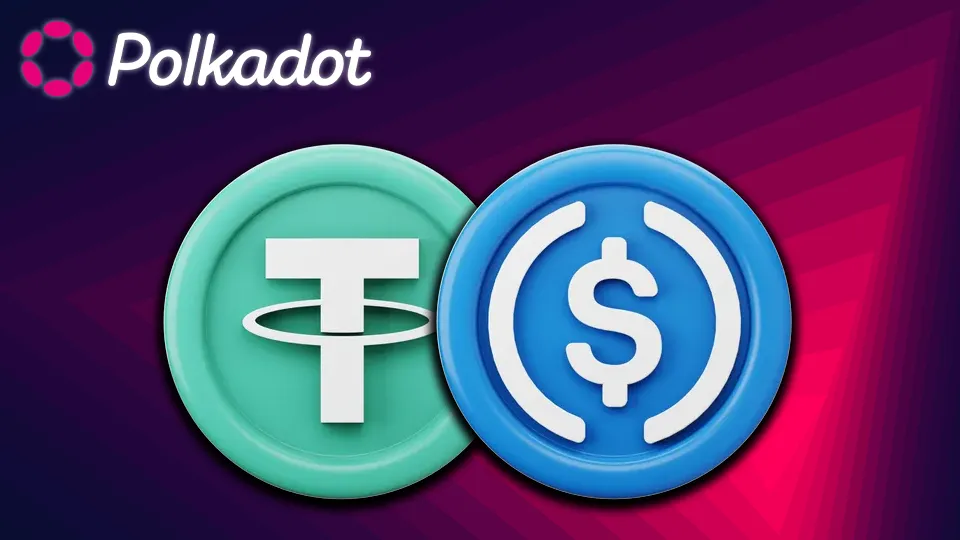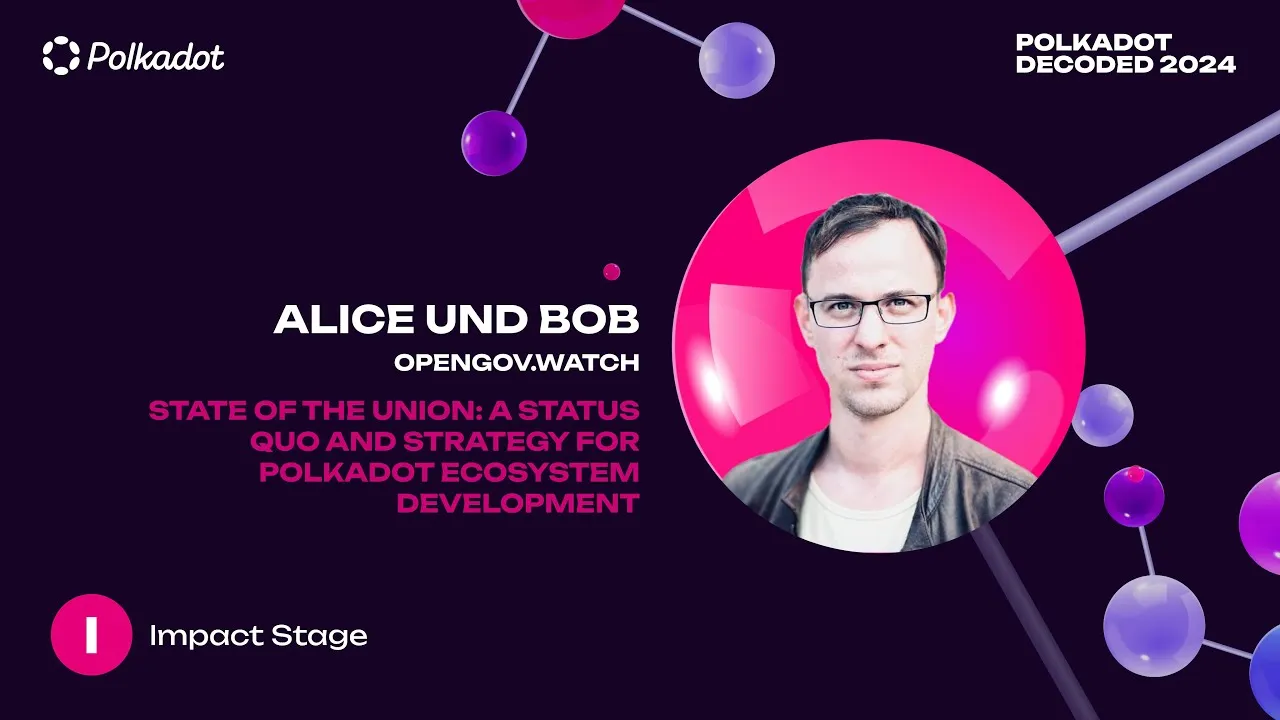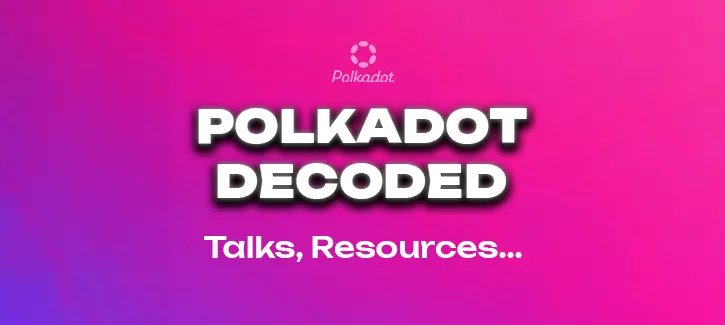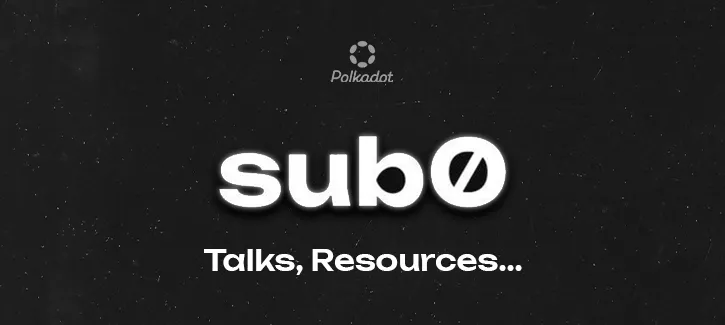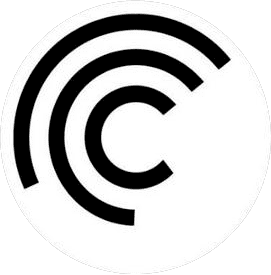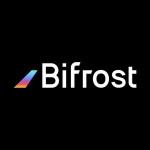

Polkadot Tooling Collective
Discover the Polkadot Tooling Collective (PoToC): Empowering developers with essential tools for the Polkadot ecosystem.
Understanding Aventus Network: An In-Depth Exploration for the Polkadot Ecosystem
The Polkadot Tooling Collective (PoToC) is a newly proposed initiative aimed at enriching the Polkadot ecosystem by recognizing and supporting developers who contribute significantly to the tools and libraries essential for Polkadot’s success. This article outlines the purpose, structure, and mission of PoToC, providing insights into its role within the broader Polkadot framework.
Polkadot Tooling Collective Context
Currently, the Polkadot Core Fellowship is the sole System Collective for developers within the Polkadot ecosystem. It primarily focuses on implementations of the Polkadot Host and runtime code. However, many developers work on a variety of tools that facilitate Polkadot’s maintenance, usability, and integration, which fall outside the Core Fellowship’s scope. These contributions often go unrecognized, creating a need for a broader, more inclusive collective.
The Vision of PoToC
The Polkadot Tooling Collective aims to fill this gap by establishing a dedicated group that supports and recognizes developers working on essential tools and libraries. By maintaining a narrow and specific scope, PoToC ensures a clear direction and strong social cohesion among its members.
Objectives
PoToC has two primary goals:
- dApp Developer Tooling: Maintain tools and libraries necessary for building decentralized applications (dApps) on Polkadot.
- General Polkadot Tooling: Maintain tools that facilitate general development on Polkadot, including command-line interfaces (CLIs) and other essential tools.
These goals are defined in an exhaustive Mission List, the definitive source of PoToC’s objectives and responsibilities.
PoToC Mission List
The Mission List categorizes projects into two sections: dApp Developer Tooling and General Polkadot Tooling. It serves as a comprehensive guide for PoToC’s activities and is regularly updated through an on-chain voting mechanism.
dApp Developer Tooling
This category includes fundamental software required to build dApps on Polkadot, such as:
- Fundamentals: Basic software connecting to the Polkadot network, enabling actions like sending transactions and subscribing to block headers.
- Extensions: Software that builds on Fundamentals, providing additional functionality and simplifying specific tasks.
General Polkadot Tooling
This includes projects that improve the overall development experience on Polkadot, such as CLIs and other utilities that are not specific to dApps but are essential for development efficiency.
Polkadot Tooling Collective Structure and Membership
PoToC’s structure is designed to be minimalistic to foster social cohesion and minimize maintenance overhead. There is no distinction between Core Tooling and dApp Tooling maintainers; all members share the same set of responsibilities and rank structure.
Membership Ranks
- Rank 0 – Candidate: New developers inducted by any Member, expected to maintain one tool from the mission list. Promotion to Rank 1 requires a minimum six-month tenure.
- Rank 1 – Member: Members maintain and extend at least one tool from the mission list, create new tools, and participate in governance.
Salary and Bounties
Initially, PoToC will not offer a fixed salary structure. Instead, a bounty-centered pay structure will be established, incentivizing improvements and contributions through task-based rewards. A baseline salary and tiered bounties will be proposed in a secondary document during Phase II.
Phased Implementation Plan
Phase I – Setup
This phase involves establishing the collective, contacting stakeholders, pitching the proposal, and enacting the necessary on-chain governance. This process is expected to take up to six months.
Phase II – Probation Period
PoToC will operate in a risk-reduced mode without governance funding to evaluate its effectiveness. This phase will last between six months and one year.
Phase III – Business As Usual
Following the probation period, PoToC will implement its salary structure, start creating and granting bounties, and attract new developer talent. This phase will demonstrate the collective’s viability and inspire further decentralization within the Polkadot community.
Conclusion
The Polkadot Tooling Collective (PoToC) represents a significant step forward in supporting and recognizing the developers who contribute to Polkadot’s ecosystem. By focusing on both dApp-specific and general tooling, PoToC aims to enhance the development experience and foster innovation within the Polkadot network. As PoToC matures, it will play a crucial role in maintaining and advancing the tools that make Polkadot accessible and efficient for developers worldwide.
- Related Token/s: DOT
